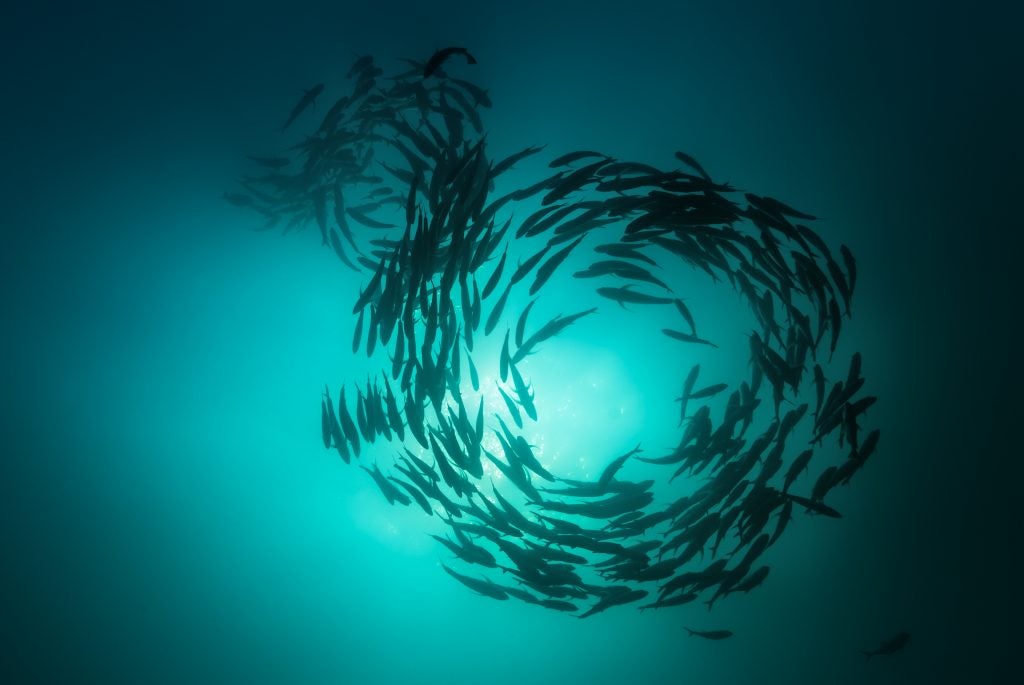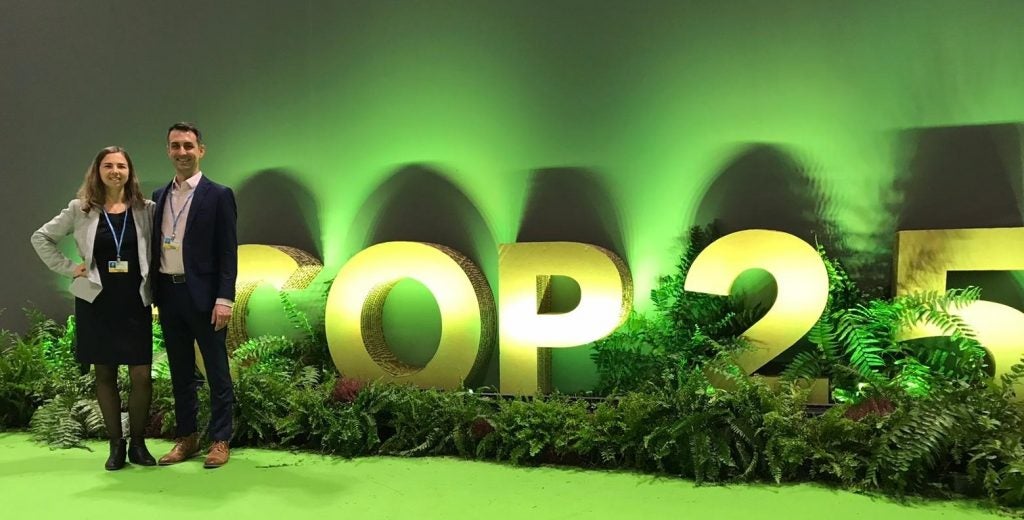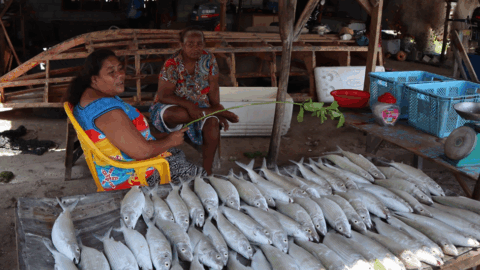After the Blue COP: Why 2020 could be the ‘super year’ for the oceans
 The main focus of the United Nations COP25 in Madrid was squarely on whether and how the nations of the world could agree on the measures necessary to reduce climate change emissions in a comprehensive and forceful fashion. In that regard, COP25 did not live up to expectations nor planetary needs if we are to avert the worst impacts of climate change.
The main focus of the United Nations COP25 in Madrid was squarely on whether and how the nations of the world could agree on the measures necessary to reduce climate change emissions in a comprehensive and forceful fashion. In that regard, COP25 did not live up to expectations nor planetary needs if we are to avert the worst impacts of climate change.
However, much more happened in Madrid that deserves notice, especially related to new approaches to help maintain the long-term health of the ocean in the face of climate emissions.
Remember, when COP25 was originally planned, it was dubbed the “Blue COP” and was set to take place in Santiago, Chile, with a very strong oceans focus. However, social unrest caused Chile to ask Spain to take over implementation duties. Despite the last-minute change, there was a large number of side meetings and symposia focused on ocean ecosystems and their role in sustaining human population needs. The good news: many of those events are now expected to carry forward to Chile in the months ahead. And, of course, Chile remains an important force working actively on behalf of the nearly three-quarters of our planet that is blue.

Two key oceans events from COP25 deserve special attention. First, the High Level Panel on a Sustainable Ocean Economy released its so-called “Blue Paper” number 2, titled “The expected impacts of climate change on the ocean economy.” The report focuses on the ability of the ocean to continue to sustain human economic growth under different climate scenarios. It recommends important investments in policies and programs that can help support the future blue economy. EDF’s Willow Battista is one of the co-authors, and was on the stage in Madrid announcing these results.
Second, an important key side event focused on steering climate offset funds toward building coastal and fisheries resilience. Panelists included Tarub Bahri of the U.N. Food and Agriculture Organization; Vidar Helgesen, special representative for the Ocean, Norway; Ronny Jumeau, permanent representative to the U.N., Seychelles; Cameron Diver, deputy-director general of the Pacific Community (SPC); and Janine Felson, deputy permanent representative to the U.N., Belize; moderated by EDF’s Tim Fitzgerald.
These events added to the growing drum beat of support for action now to create climate-ready fisheries management for the future of people and the planet, building on important events from Climate Week in New York, the Our Ocean Conference in Oslo and the International Symposium on Sustainable Fisheries in Rome, among others.
That momentum is aimed squarely at 2020 — which many are already calling the “super-year for the oceans” — when support for action is expected to build at the World Ocean Summit in Japan in March, the U.N. Ocean Conference in Lisbon in June, the World Conservation Congress in Marseille also in June, and culminating in actions by the U.N. Committee on Fisheries in Rome in July. Strong global action for the ocean will be a common theme, playing out also at the Conference of the Parties to the Convention on Biodiversity in China in October 2020, and then the Climate Change Conference COP26 in Glasgow in November 2020.
Thus, 2020 can indeed be a “super-year” for ocean conservation — and a once-in-a-generation opportunity to help chart a course that will perform for people and nature together. Please join us in making it so!












